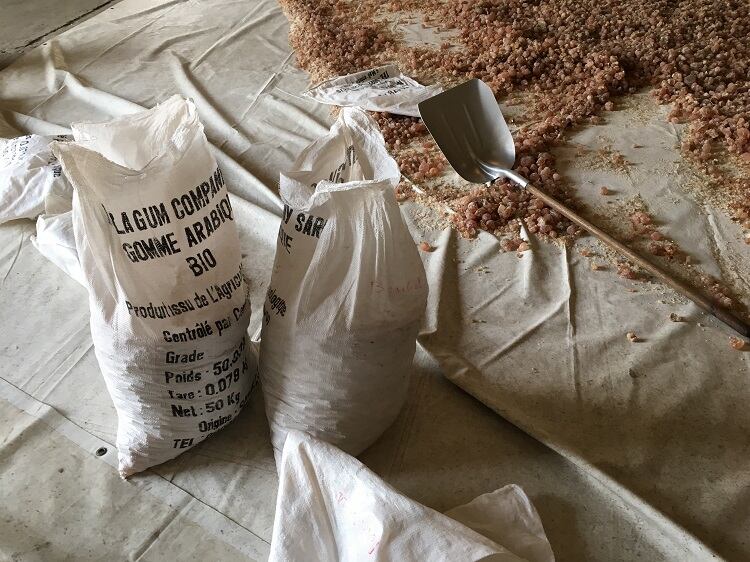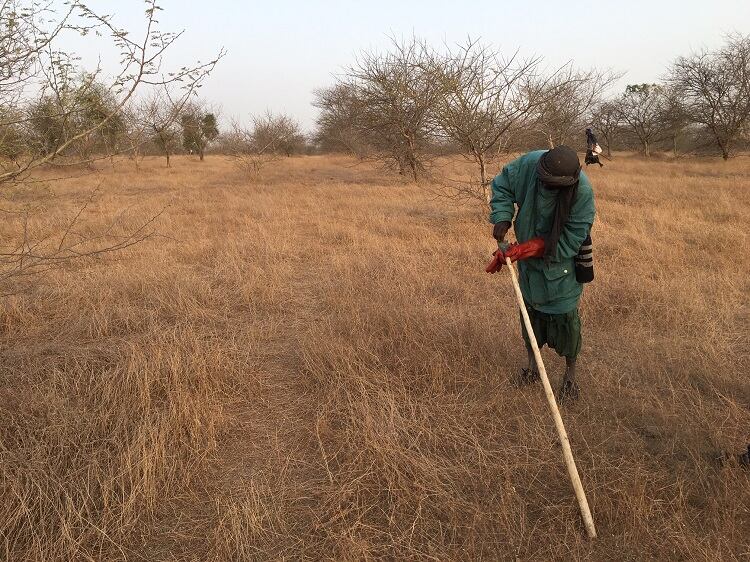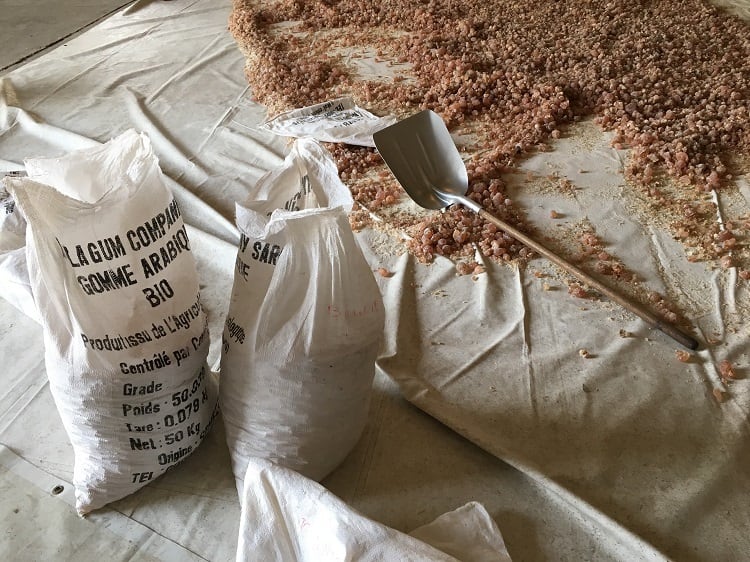Acacia gum – otherwise known as food additive E414 – acts as a natural emulsifier, stabiliser, texturiser, and source of fibre in food and beverage formulation.
The exudate is sourced from specific acacia species across the ‘gum belt’ in Africa, which stretches from Senegal to Eritrea. It can also be produced in dry and semi-arid regions of south Sahara.
In such regions, desertification is impacting the livelihoods of local farmers. However, acacia trees can play an integral role in nourishing degraded soil, says acacia gum manufacturer Alland & Robert.
The French family-run business has partnered with UK-based charity TREE AID to encourage reforestation with acacia trees in gum-sourcing regions of Mali, Niger and Ethiopia.
‘Let’s Plant Acacias Together’
The joint project, titled ‘Let’s Plant Acacias Together’, will kick off tomorrow (21 March) in celebration of International Forest Day 2020.
Focusing on reducing the effects of climate change and protecting livelihoods in the African Sahel, the project will ‘draw on the unique properties’ of acacia trees to help protect drylands in the region.
Such characteristics include acacia trees’ ability to capture nitrogen, which can help nourish soil and revive some of its fertility, and plantations’ windbreaking function – which serves to prevent further erosion.
Gum acacia is produced through a process known as ‘tapping’. This involves cutting through the outer layers of the branches at a specific time of year.
The process occurs during October and November and lasts for approximately one month. If grown in the right conditions, acacia gum will be exuded from the tree 15 days after tapping – in an effort to prevent further moisture loss.
To learn more about acacia gum production, you can watch FoodNavigator’s video from a recent trip to Senegal.
“It’s fascinating that such an efficient tool for climate resilience exists in nature. Acacia trees have been proven to help regulate water cycles and restore degraded lands,” said Favarque.
“The benefits are far-reaching, from nourishing the soil by fixing nitrogen to restoring fertility, favouring intercropping, and providing shelter and shade. With a deep root system, the trees help prevent desertification without degrading the soil.
“The grass carpet they create also prevents water run-off and contributes to reconstructing the water table. In periods of drought, acacias provide a much-needed water supply to wildlife and domestic species, thus protecting biodiversity.”
Acacia gum customers play their part
The project will see Alland & Robert finance six projects across Mali, Niger and Ethiopia – where the manufacturer sources some of its gum.
Several drought-resistant species will be planted, namely acacia Senegal, which exudes gum acacia.
“We base our support on our sold volume of acacia gum, so we can involve our clients in our projects and let them know how many trees were planted thanks to their business,” Fauvarque explained.
“Our goal is to educate our clients about the role they can play in supporting African economy and environment by using our product – and highlight the positive environmental impact of acacia gum.”
Ultimately, the more acacia gum Alland & Robert sells, the more trees will be planted. The business estimates approximately 3,400 acacias will be planted during the project this year.
“So far, 2020 has been an exceptional year volume-wise, so it’s not impossible that we will increase our number of planted acacias,” she continued.
In the coming years, Alland & Robert will investigate opportunities to broaden its reach in other projects for different communities.




